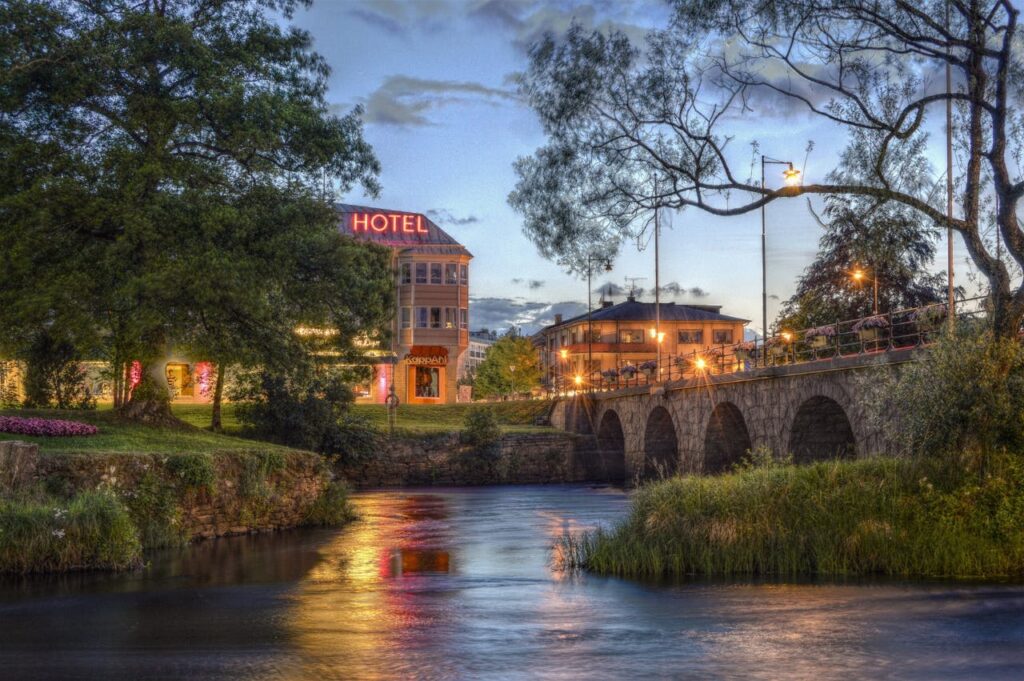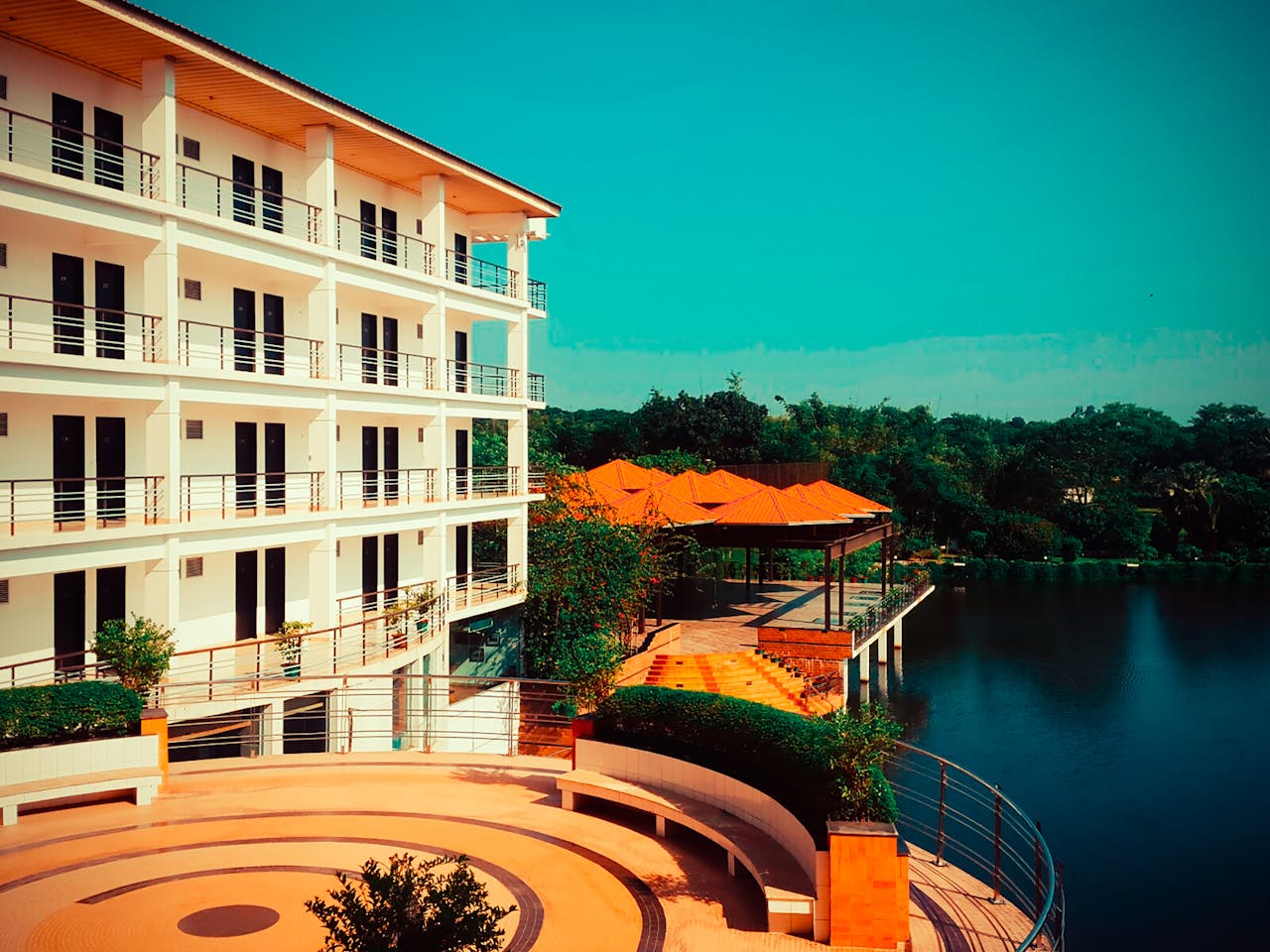Introduction: Why Hotel Insurance Is Essential
Running a hotel is not just about welcoming guests and offering comfortable rooms. It requires years of investment, constant attention to detail, and a strong commitment to guest satisfaction. Hotel owners and managers must oversee everything from staffing and maintenance to customer service and safety standards.
No matter how carefully operations are managed, risks can still appear without warning. A fire in the building, a slip-and-fall accident involving a guest, or an injury to an employee can create serious financial and legal challenges. In many cases, just one incident can bring expenses large enough to threaten the future of the business. That is why hotel insurance is not an optional add on. It is a critical safeguard for long-term stability.
For anyone setting up a new property or managing an established hotel, securing the right hotel insurance should be a top priority. It belongs on the same list as hiring qualified staff, investing in high quality amenities, and implementing safety measures. This coverage protects the physical structure of the building, valuable equipment, and the well-being of employees. It also safeguards the hotel’s reputation in the eyes of its guests.
With proper insurance in place, hotel owners can focus on delivering exceptional service and creating memorable guest experiences. They can work with confidence, knowing that unexpected setbacks will not erase years of hard work.
What Does Hotel Insurance Cover?
A comprehensive hotel insurance policy usually includes:
- Property coverage – Protects the building, furniture, and equipment against fire, theft, or natural disasters.
- General liability insurance – Covers guest injuries, accidents, or damage to third party property.
- Business interruption coverage – Compensates for lost income if operations are temporarily shut down due to a covered incident.
- Workers’ compensation – Provides financial protection for employee accidents or injuries on the job.
- Special event coverage – For hotels hosting weddings, conferences, or banquets.
Together, these elements ensure that hotel owners can manage risks effectively and continue operations without devastating financial consequences.
Hospitality Industry Insurance: Protecting the Wider Sector
Hotels are only one piece of the much larger hospitality industry. This sector also includes resorts, boutique inns, restaurants, cafes, event venues, and spas all of which share common challenges while also facing unique risks. A single incident, such as a guest injury at a restaurant, a fire at a resort, or a data breach affecting an event venue, can cause significant financial and reputational damage. Because of this wide variety of risks, a standard insurance plan is rarely enough. Hospitality industry insurance was created to cover these diverse needs, offering flexible policies that adapt to different types of businesses under the same industry umbrella.
Such insurance typically addresses a range of exposures: guest safety, employee health and accidents, property damage from natural disasters, and even legal costs tied to reputational issues. For example, a spa may need coverage for liability related to treatments, while a restaurant may focus more on fire protection and food safety. With a tailored hospitality industry insurance policy, each type of business within the sector can secure the right level of protection without paying for unnecessary add ons.
When combined with a dedicated hotel insurance policy, this broader coverage creates a dual layer of protection. The hotel policy focuses on property specific risks such as building damage, employee injuries, or guest accidents, while hospitality industry coverage provides an extra shield against industry wide issues, including compliance requirements and regulatory obligations. This combination not only strengthens the financial stability of hotels and related businesses but also ensures they remain competitive in an industry where customer trust and safety are vital. Ultimately, it helps hospitality businesses remain resilient against unexpected challenges while continuing to deliver excellent experiences to their guests.
Motel Insurance: Coverage for Smaller Properties
Large hotels often have expansive facilities, conference rooms, and multiple guest services. Smaller establishments like motels operate on a different scale. Yet the risks they face are almost the same. Fires from faulty wiring, theft of valuable equipment, guest accidents in parking areas, or employee injuries during routine maintenance can happen anywhere. Without proper protection, such incidents can cause financial losses that smaller businesses struggle to absorb. This is where motel insurance becomes essential. It offers coverage designed for the needs and budgets of smaller properties.
A standard motel insurance policy mirrors many of the protections found in hotel coverage but is adjusted for scale. Policies usually include property coverage to protect the building, furniture, and essential equipment. They also provide liability protection for guest injuries or third-party claims. In addition, business interruption insurance helps replace lost income if the motel must temporarily close after a covered event. Together, these elements create a safety net that helps motel owners keep operations stable even when challenges arise.
For owners seeking more protection, combining motel insurance with broader hospitality industry insurance is a smart choice. Motel insurance focuses on daily operational risks. Hospitality industry insurance, on the other hand, helps manage larger issues such as regulatory compliance, employee health and safety, and reputational risks. By pairing the two, motel owners can address both short-term incidents and long term challenges with confidence.
Ultimately, motel insurance provides smaller lodging businesses with the same peace of mind that large hotels enjoy. The difference is that coverage is tailored to fit unique needs and financial realities. With the right insurance, even modest properties can protect their assets, safeguard guests and employees, and continue serving travelers with confidence.

How Much Does Hotel Insurance Cost?
The cost of hotel insurance varies depending on:
- Size and location of the property
- Number of employees
- Value of the building and equipment
- Services offered (such as pools, gyms, or event spaces)
- Claims history and safety record
On average, hotel owners in the U.S. can expect premiums ranging from $3,000 to $12,000 per year. Smaller motels typically pay less, while large hotels or resorts with extensive amenities may face higher premiums. Adding hospitality industry insurance or extra coverage options will also affect costs, but they provide critical protection against larger risks.
Tips to Lower Your Hotel Insurance Premiums
Hotel owners can take proactive steps to reduce insurance expenses without sacrificing coverage:
- Install fire alarms, sprinklers, and security systems.
- Provide regular safety training for staff.
- Maintain a clean claims history by addressing risks early.
- Compare quotes from multiple providers to find competitive rates.
- Bundle policies, such as hotel insurance with hospitality industry insurance, for potential discounts.
These strategies not only lower premiums but also create a safer environment for guests and staff.





